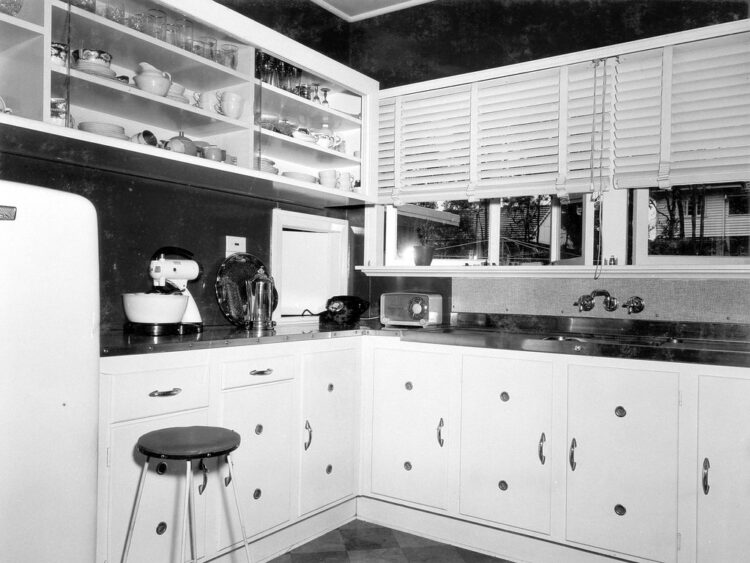
Growing up, you didn’t always know who had money and who didn’t—but you noticed the little things. A certain kind of phone. A vacation photo on the fridge. Even how leftovers were packed said something. It wasn’t about showing off. It was subtle. Quiet. If you were lucky, your family had a few of those things. And if not, you still knew exactly what they meant the second you saw them.
Having matching living room furniture
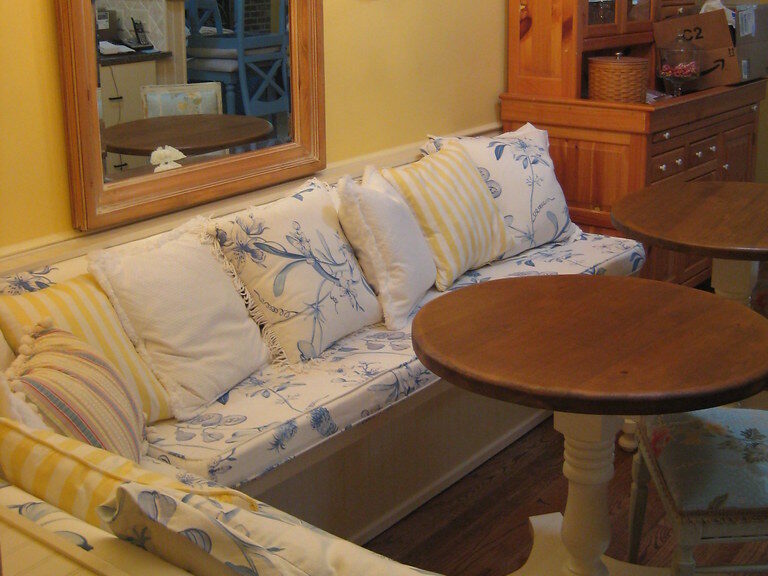
Most families had a bit of everything—old recliners, hand-me-down loveseats, maybe a lamp that didn’t match anything else. But you noticed when a living room looked like it all came from the same place. A set meant someone walked into a store and picked it out on purpose. It looked pulled together. Not just functional—intentional. It didn’t mean rich. But it did mean they had options, not just whatever they could get.
Owning a camcorder

If your family brought out the camcorder, you were probably doing okay. Those things weren’t cheap, and neither were the blank tapes or the batteries that always ran out too fast. You filmed birthdays, awkward dance recitals, or just your sibling making faces. And years later, those grainy tapes became gold. Not because of how they looked—but because they existed. Having them meant your family had the kind of “extra” most couldn’t afford.
Carpet in the bathroom

These days, it might sound weird, but back then? The carpet in the bathroom felt luxurious. It wasn’t about comfort, really—it was about appearances. It showed your house wasn’t stuck with whatever was cheapest. You had choices. People noticed it when they visited. Maybe they thought it was fancy. Maybe they thought it was odd. Either way, it stood out. And in those days, standing out like that usually meant money.
Taking yearly vacations

If your family went on a vacation every summer, it meant you were doing better than most. A few days at a motel, maybe a cabin, or a trip to the beach—it didn’t have to be far. Just going anywhere costs money: gas, food, and an entry fee for something fun. Some kids stayed home all summer. But if you had vacation photos on the fridge, it meant you’d seen something else—and that mattered.
Having a dishwasher
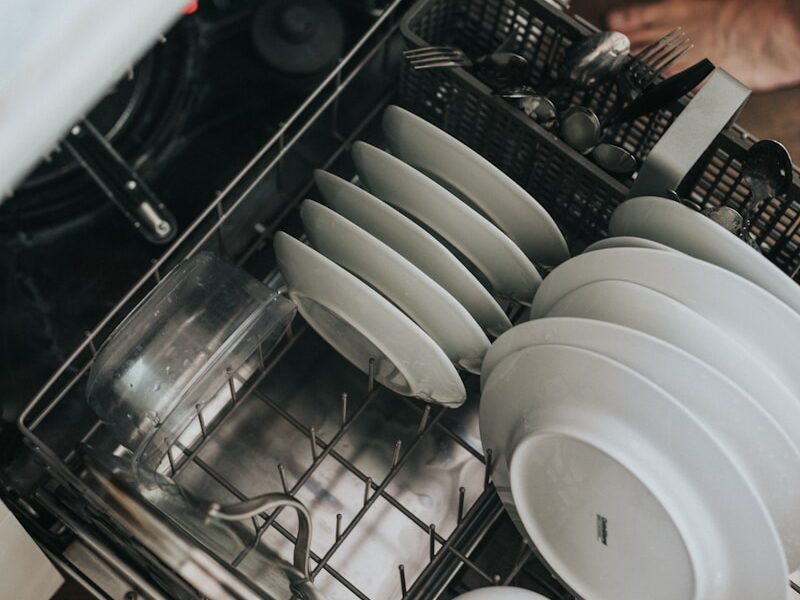
Washing dishes by hand was the default in most homes. If your family had a dishwasher and, more importantly, actually used it, that said something. It meant you had the appliance and the electricity bill to match. No long evenings at the sink. No towel-drying every fork. Just a quiet hum in the background after dinner—and the sense that things were a little more comfortable in your kitchen than they were in most.
Owning a full encyclopedia set

When people walked into your house and saw a whole set of encyclopedias lined up on a shelf, they knew. It wasn’t just about homework—it was about image. Those books were expensive, heavy, and rarely bought on impulse. They were something parents saved up for. Even if nobody cracked one open that often, they sat there like proof. You didn’t need to say anything. The spines said enough.
Wearing clothes from catalogs
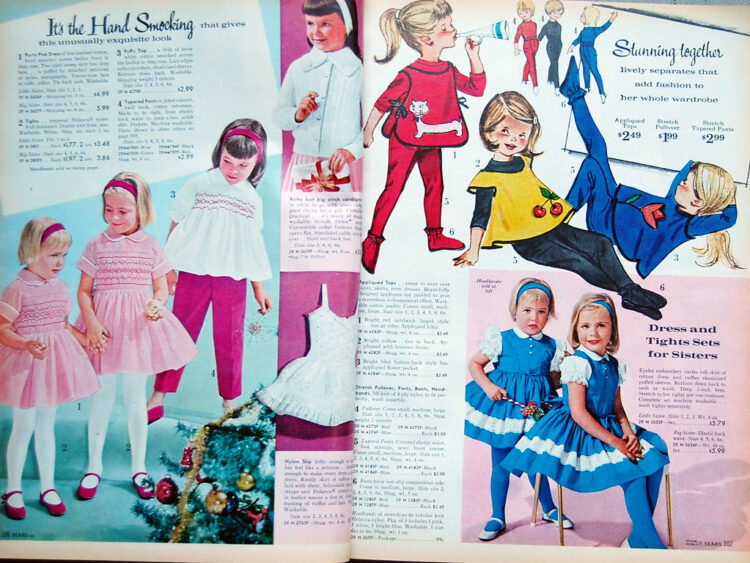
Catalog shopping wasn’t fast or flashy. But if someone in your house ordered clothes from one, it meant you could afford to plan. You’d wait weeks for a pair of jeans or a dress that looked nothing like what was in the local store. No one else had it. That made it special. It didn’t mean you were rich. But it meant someone spent a little extra for something different—and that stood out.
Having a second phone line
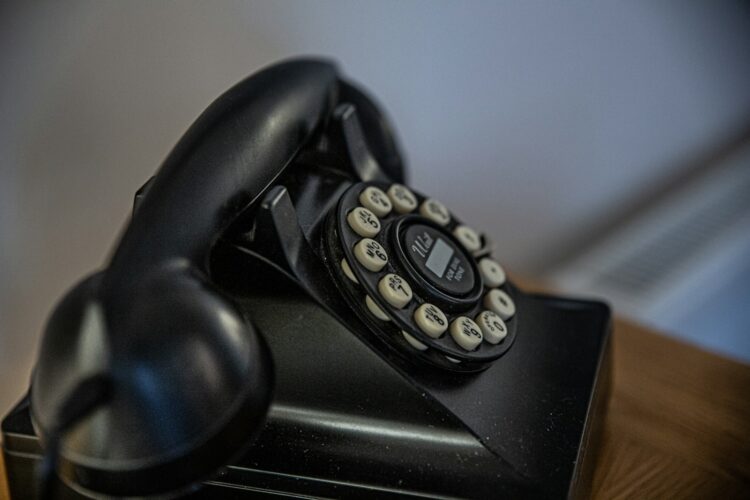
Before everyone had a cell phone, having a second landline was a real upgrade. Teenagers begged for one. Adults used it for work. And families with the extra line didn’t have to fight over phone time. You could call your friend without your little brother picking up the other end. You could stay on longer. Having two numbers for the same house meant a little more space, a little more freedom—and a little more money.
Having real ice cream in the freezer

There was the ice cream you got at birthday parties—and then there was the stuff that stayed in your freezer all year. The kind with a brand name in a carton you saw on TV. You didn’t eat it every night. It was for special moments, or maybe just knowing it was there. It meant your family could afford treats without needing a reason. And that said more than any dessert ever could.
Keeping soda just for guests
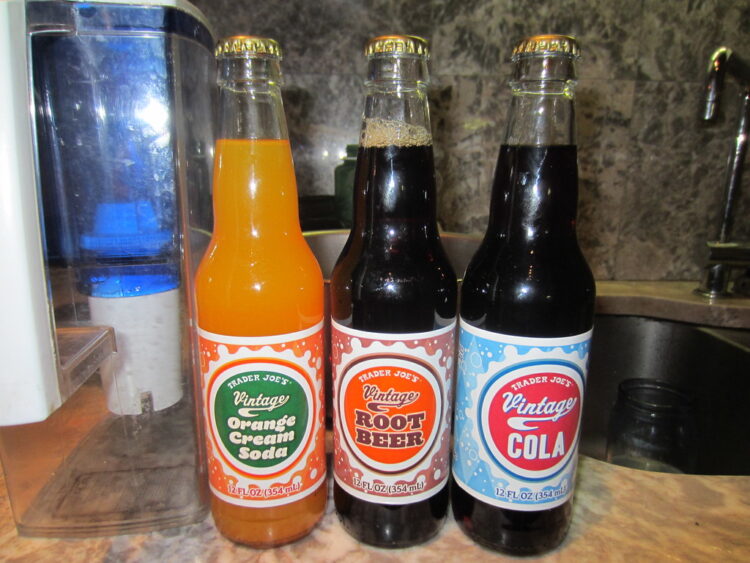
You might’ve had juice or water every day, but if there was a stash of soda that wasn’t for you—that meant something. Maybe it was in the garage fridge, maybe tucked behind leftovers, but it was off-limits unless company came over. Having extra for visitors said your family had enough to spare, even if they didn’t say it. It was a quiet kind of generosity that didn’t go unnoticed.

